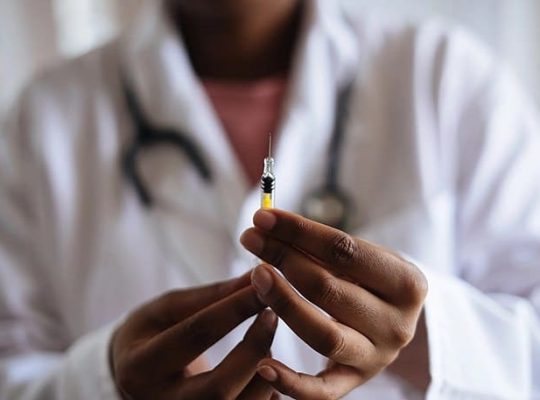If an Australian lab funded from Norway succeeds in developing a potential vaccine against the deadly coronavirus outbreak in China, a small San Francisco DNA design-build software company will have played a big role.
Sixteen-employee TeselaGen Biotechnology Inc. has worked for much of its nine years to use the genetic code for the protein jacket surrounding viruses to create viral shells that look, walk and talk like viruses — provoking the body’s immune system to respond. But a TeselaGen-designed shell is empty, so it doesn’t carry the instructions that viruses need to replicate inside humans.
Amid coronavirus Covid-19’s spread, TeselaGen’s work caught the attention of Claudia Vickers, director of the future science platform in synthetic biology at Australia’s Commonwealth Scientific and Industrial Research Organization and an associate professor at the University of Queensland. Her lab is assisting a University of Queensland lab funded by the Norway-based Coalition for Epidemic Preparedness Innovation, or CEPI, to develop a vaccine for Covid-19.
The Australian lab isn’t alone. Vaxart Inc. (NASDAQ: VXRT) of South San Francisco is working on a developing a potential Covid-19 vaccine, and India-based Zydus Cadila last week said it will accelerate research on a vaccine. What’s more, Inovio Pharmaceuticals Inc. (NASDAQ: INO), Moderna Inc. (NASDAQ: MRNA) and, on Tuesday morning, French drug maker Sanofi S.A. (NASDAQ: SNY) have said they are working on coronavirus vaccines.
TeselaGen itself is not developing a vaccine. Instead, it is developing the synthetic biology tools that crate a “motif” that uses pieces of the viral protein jacket to induce an immune response. It uses machine learning to peruse combinatorial libraries to create an “enabling system” that is a kind of operating system for biology.
Ultimately, it could create a motif for a universal vaccine.
TeselaGen has worked with a half-dozen companies, including a Swiss biotech company developing treatments against the virus family that causes chickenpox, shingles and genital herpes, but that company stopped its work “a couple years ago,” said TeselaGen co-founder and CEO Mike Fero.
“We’re just doing what we’ve been doing,” he said.
What it is doing is rough work. Companies working on vaccines for coronaviruses like SARS and MERS have come up empty, scientifically and commercially. That’s largely because it takes a year or more to develop a vaccine, and by then outbreaks have been brought under control.
“It’s like when you notice a hole in the roof when it’s raining,” he said. “Six months after a pandemic, it’s hard to get funding, because the sun comes out.”
TeselaGen is not profiting from its work with the Australian researchers, Fero said. Instead, he hopes that Covid-19 will serve as a proving ground for the company’s work.
“We hope that this demonstration of our capabilities will lead to future opportunities,” he said.
